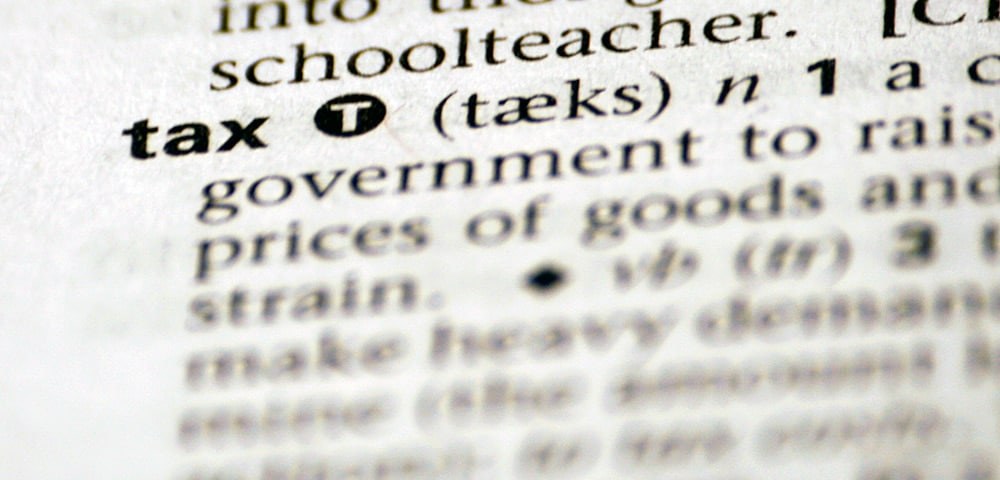Marc Coleman, economist and founder of Octavian Consulting, discusses why it’s too soon to use Exchequer Returns to assess the economy
Looking at the Exchequer returns for the first half of 2020, one could be forgiven for thinking we’d dodged a bullet. In total, taxes actually rose in the first half of 2020 compared to the same period of 2019. But taxes operate at a lag. Think thunder and lightening. You see the flash. You count some seconds.
For some taxes, Excise duties and VAT for example, the impact of an economic downturn is more immediate. For others – Corporation Tax – the full impact of the lockdown will not be in evidence until November. The “big month” for tax returns, Corporation tax receipts in November last year accounted for almost one third of total. Likewise, income taxes in that month accounted for almost one in six of all income taxes received. 
The chart below shows a strong correlation between the extent of year-on-year decline in tax revenues for the first half of this year and the time lag between economic activity and receipts. For a period just over half of which was affected by lockdown, Excise duties and VAT receipts fell by over 20%. 
Even VAT receipts however involve a lag: Typically exchequer receipts for May and June will reflect developments in January-April and the full force of lockdown impact will not be evident until September. Customs duties and Motor Vehicle duties exhibited more modest declines while those tax heads where lag times are longer actually grew: In the case of capital gains taxes and stamp duties these reflect asset market valuations that, in the uncertainty of the lockdown, had and still have yet to adjust to recession as well as legal and administration timing delays in the processing of final payments. And corporation taxes, which grew strongly, in the year to June, are still enjoying the lagged impact of strong profit growth in last year.
In October of last year Finance Minister Paschal Donohoe announced the intention to shift to accruals based public financial procedures. Likely to be put on hold this project will – if supported by proper data analytics and smart eGovernment infrastructure – assist a speedier interpretation of the economic meaning of exchequer returns. Until then, however, economists will have to wait at least six months before this data reveals the full extent of how the economy is performing.

